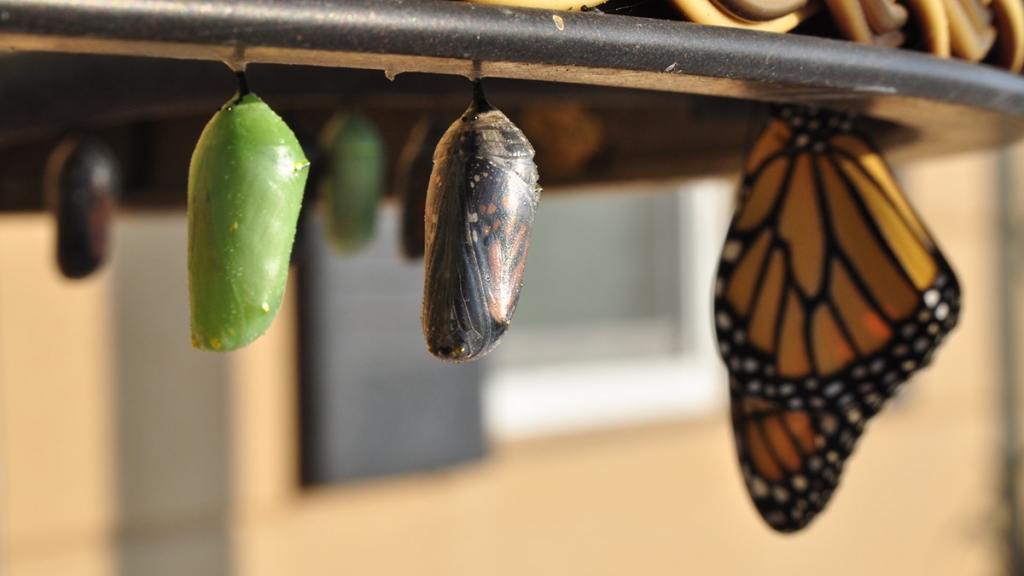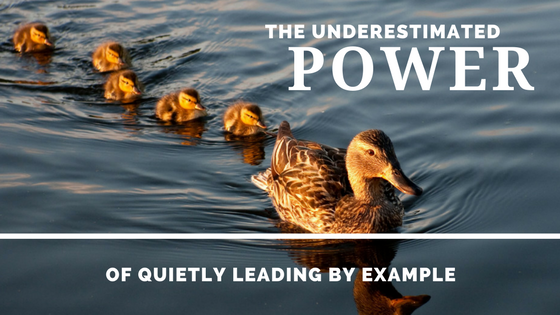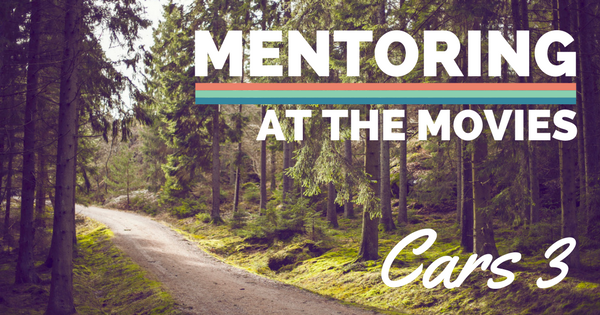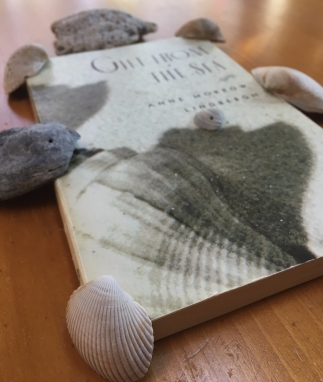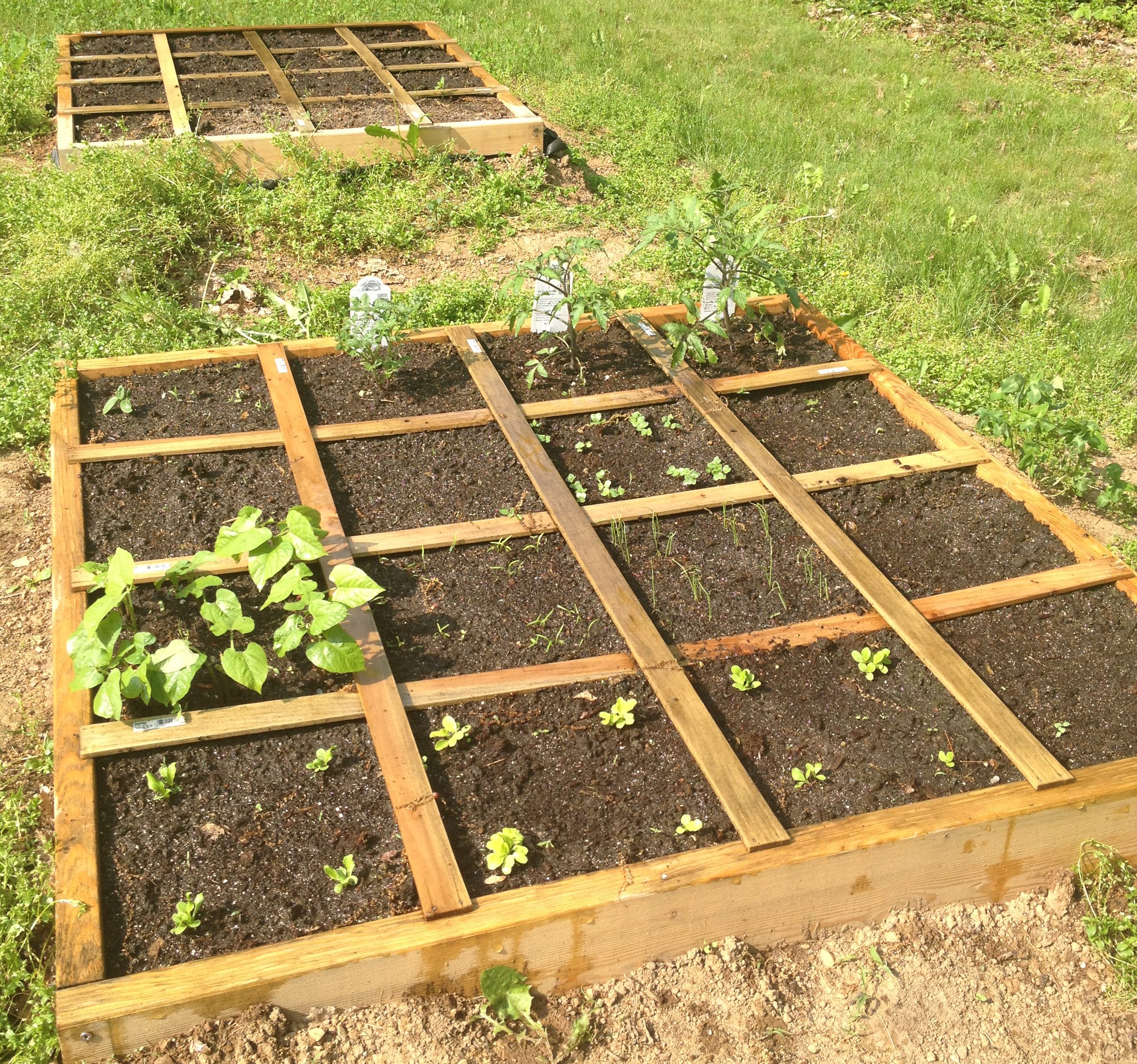This post contains my thoughts on “The Tech Industry’s War on Kids” by Richard Freed, published on Medium.com on March 12, 2018.
Since reading this startling article, I’ve been doing a lot of thinking about my own use of technology, whether I’m satisfied with it, and what I want to model as an example for my kids.
I see and feel the effects of “persuasive design” in my own life. I reach for my phone in moments of boredom, moments when I want to escape a bit, or out of a habitual sort of “need” that I don’t like to acknowledge. It creeps me out to recognize it, especially after reading the eye-opening tactics and strategies at work in the apps that draw us back with a force that sometimes seems to be overpowering.
My behavior is being modified by machines that are designed by others for that specific purpose. Yes, this is the goal of marketing in general, and we all know that our purchasing behavior is influenced by it. But do we all have an awareness of the vast amounts of time and money being poured into making us feel fulfilled by our clicking in artificial social and game environments engineered to deliver dopamine “hits” at the right times to keep us “hooked”?
People are putting programming and psychology together to manipulate “users” so we (me and you and our kids) spend more time online, doing the things they want us to do, because it makes them a lot of money. This is the reason they care so much about what we do and whether we are using their product as often and as long as possible.
But is it good for us? What is it doing to us in the long run? What parts of life are neglected or underserved as a result? Where would we be putting our attention if not there? What deeper thinking and problem-solving is the world missing out on due to our many digital distractions? What action and service to others? Who and what are the losers in this game of keeping us distracted and consumed? Many possibilities come to my mind. I’m sure some are coming to your mind too.
But, this article isn’t about tech companies’ work in modifying adult behavior with machines, which is bad enough. It’s actually about the way they use knowledge of psychology (and kids’ psychological vulnerabilities) as a weapon against our children.
Do you, if you are a parent or grandparent, know who and what is at work behind the screens that our children are using for hours and hours every day? Do you know they have drug-like power by design? Our children are being robbed of pursuing and attaining real things of value, they are being robbed of childhood, and we don’t fully understand what’s going on. I felt disgusted and angry reading this article. Please read it, and read other information on this topic. Be informed.
People are using psychology to hook our children into feeling the need to spend more and more time on social media and games, for profit and at untold expense. Kids’ use of social media creates previously unheard of anxiety, depression, and suicide at young ages, younger that ever before. Video game addiction steals from our kids in other ways.
The author concludes that there is a need for government involvement. I believe there is a need for parents to educate themselves about what’s really going on and take a stand to work against these problems. What do we want for our children? Are we willing to accept the current situation and trend as normal? What are the future consequences for a world in which a generation of people grew up immersed in the distractions of social media and gaming? I believe we must take personal responsibility for identifying our role in this problem. What is ours to do, given the truth of this situation, the challenges we all face, and the choices we have in front of us?
We, parents, are their closest example. We can influence our children. We can act in counter-cultural ways. We can act with love and tenderness, with care and courage. We must act so we can look them in the eyes: our children, our grandchildren, their generations, and say we did the best we could do. We tried to fix the problems we saw, we acted because we saw the need for action even if others didn’t.
